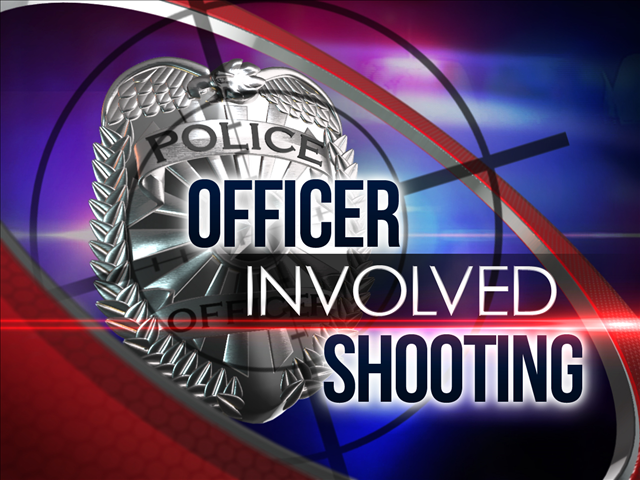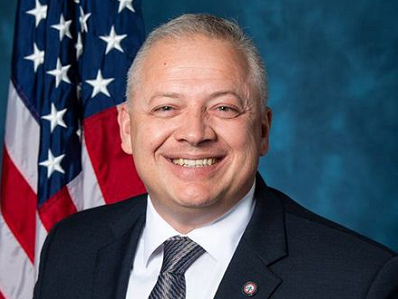The VDH today reported 1,712 new coronavirus cases, 69 new hospitalizations, and 1 new virus related statewide....
Across Virginia
BENTONVILLE, Va. (AP) — An ATV driver is charged with drunken driving and child endangerment after a...
MADISON, Va. (AP) — The founder of a Virginia service-dog company could pay about $3 million in...
RICHMOND, Va. (AP) — The Virginia Department of Health announced Friday that third shots of coronavirus vaccines...
The VDH today reported 2,270 new coronavirus cases and 16 new deaths statewide, marking the largest single...
The VDH today reported 2,361 new coronavirus cases statewide, marking the largest single day case spike since...
The incident began with a 911 call to a residence in the 500 block of Gold Drive...
A House committee investigating the Jan. 6 riot at the Capitol has hired former Republican Rep. Denver...
RICHMOND, Va. (AP) — Virginia lawmakers tasked with reconciling House and Senate spending plans for $4.3 billion...
On August 6, 2021 at approximately 11:45 p.m., Roanoke Police were notified of a person with a...
RICHMOND, Va. (AP) — Community college students and staff in Virginia will be required to wear masks...
The highly-contested decision to allow casinos and online lottery games in Virginia while outlawing skill games –...
Correctional officials in Virginia say an inmate has been killed in his cell in an apparent attack...
Roanoke’s GO Fest is moving to the city’s downtown this year, with the activities, entertainment and events...
Virginia Tech reports that 90% of its students have submitted proof of receiving COVID-19 vaccines. The university...










